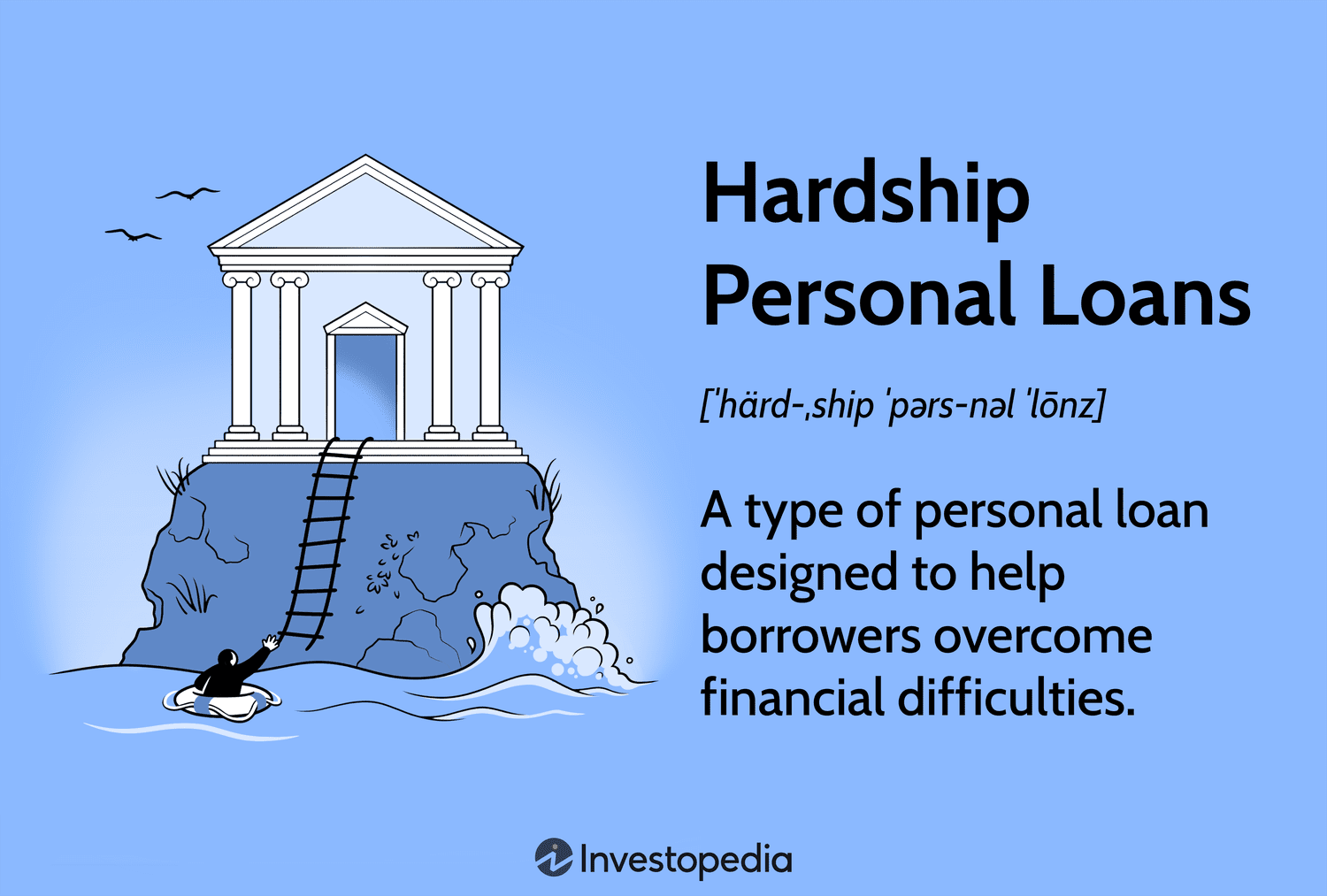Today, I was digging into something called a “hardship contract.” Sounds pretty serious, right? Well, it kind of is. Basically, I got curious about what happens when things go sideways in a contract agreement, so I started poking around.

First off, I found that a hardship contract, or more specifically, a hardship clause, is like a safety net built into an agreement. It’s there for when unexpected stuff happens that totally messes up the original deal. You know, like if one party suddenly finds themselves in a really tough spot, not because they messed up, but because life threw them a curveball.
So, I started reading up on these clauses. Turns out, they’re pretty common in all sorts of contracts, even in legal documents like court orders. The whole point is to give people a way out or at least a way to change things up if something unforeseen makes it super hard for them to hold up their end of the bargain.
I dug a little deeper and learned that these clauses aren’t just about bailing out. Sometimes, they’re about adjusting the contract terms. For example, if a business partner suddenly faces a financial crisis, the hardship clause might let them renegotiate payment terms or deadlines. It’s all about keeping things fair when the unexpected hits.
Then I stumbled upon something called a “temporary financial hardship arrangement.” This is more specific to loans and credit. It’s basically where you and your lender agree to either pause your payments for a bit or reduce them if you’re going through a rough patch. I found a few examples online of people who had used these arrangements to avoid defaulting on their loans when they lost their jobs or had medical emergencies.
Here’s the deal. I realized that hardship clauses are not a “get out of jail free” card. They are more of a way to acknowledge that life happens. They provide a mechanism to deal with major changes that neither party could have predicted when they signed the contract.

What I have learned:
- Hardship Clause: A part of a contract that allows for changes if unexpected events make it really tough for one side to keep up their end.
- Purpose: To keep things fair when something unforeseen happens that wasn’t either party’s fault.
- Application: Used in all sorts of agreements, including legal documents, to help people adjust terms or get out of a contract if necessary.
- Financial Arrangement: A specific type of hardship agreement where you can temporarily change how you make payments on loans if you’re in a financial bind.
In the end, learning about hardship contracts made me realize how important it is to plan for the unexpected, even in business and legal stuff. It’s not just about being pessimistic; it’s about being realistic and fair. Life’s unpredictable, and having a way to deal with that is just plain smart.





